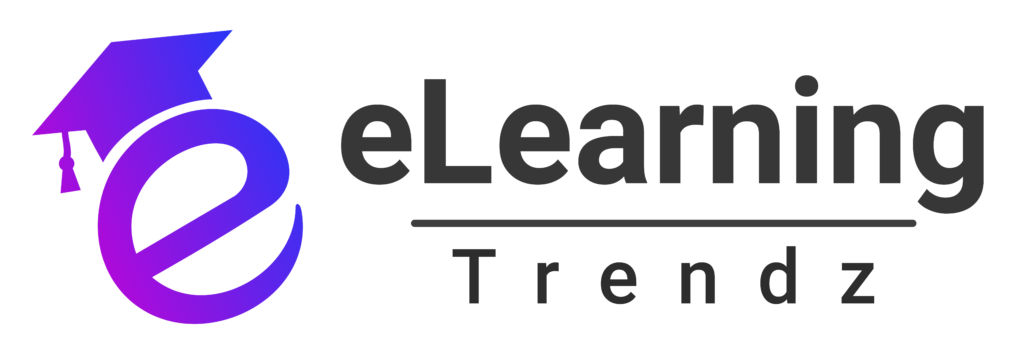In the evolving landscape of corporate training, one-size-fits-all approaches are becoming less effective. Organizations are increasingly turning to customizable corporate eLearning solutions to meet their unique training needs. But what exactly does this term mean, and why is it gaining traction?
Understanding Customizable Corporate eLearning
Customizable corporate eLearning refers to online training programs tailored to align with an organization’s specific goals, industry requirements, and workforce dynamics. Unlike off-the-shelf courses, customizable eLearning allows businesses to modify content, design, learning paths, and assessment methods to suit their unique objectives.
Customization can range from simple adjustments like branding (logos, color schemes) to complex changes involving content development, interactive simulations, and personalized learning experiences.
Key Features of Customizable Corporate eLearning
- Personalized Content: Tailor learning materials to reflect company policies, industry regulations, or specific skill requirements.
- Flexible Learning Paths: Design courses that cater to different roles, departments, or employee skill levels.
- Brand Integration: Incorporate corporate branding elements for a consistent learning environment.
- Interactive Elements: Add quizzes, simulations, case studies, and gamification to enhance engagement.
- Data-Driven Insights: Customize reporting and analytics to track employee progress effectively.
Benefits of Customizable Corporate eLearning
A. Relevance and Engagement
Customized content resonates more with employees, making learning more relevant and engaging. Real-world scenarios and role-specific training boost retention and application.
B. Improved Learning Outcomes
When training aligns with business goals, employees are more likely to acquire skills that directly impact performance, leading to better productivity and efficiency.
C. Cost-Effectiveness
While initial development may be higher than generic courses, customizable eLearning reduces long-term costs by eliminating the need for frequent retraining and updates.
D. Scalability and Flexibility
Easily update content to reflect changes in company policies, technology, or industry standards without overhauling the entire program.
E. Consistency Across the Organization
Ensure that all employees receive the same quality of training, regardless of location, while still allowing for localized adjustments if needed.
Common Use Cases
- Onboarding Programs: Tailor training for new hires to align with company culture and specific job roles.
- Compliance Training: Customize content to meet industry-specific legal and regulatory requirements.
- Leadership Development: Design programs that focus on your organization’s leadership competencies and values.
- Product Training: Provide in-depth, up-to-date knowledge about new products or services.
Implementing Customizable eLearning Successfully
- Identify Learning Objectives: Clearly define what you want to achieve with your training program.
- Analyze Learner Needs: Understand the skills, knowledge gaps, and preferences of your target audience.
- Choose the Right Platform: Opt for a Learning Management System (LMS) that supports extensive customization.
- Develop Engaging Content: Incorporate multimedia, interactive activities, and real-life scenarios.
- Monitor and Evaluate: Use analytics to assess the effectiveness of your training and make continuous improvements.
Final Thoughts
Customizable corporate eLearning is not just a trend; it’s a strategic approach to employee development. By aligning training with organizational goals and learner needs, businesses can foster a more skilled, engaged, and productive workforce.
Whether you’re looking to enhance compliance, improve onboarding, or upskill your team, customizable eLearning offers the flexibility and effectiveness needed to drive meaningful results.









